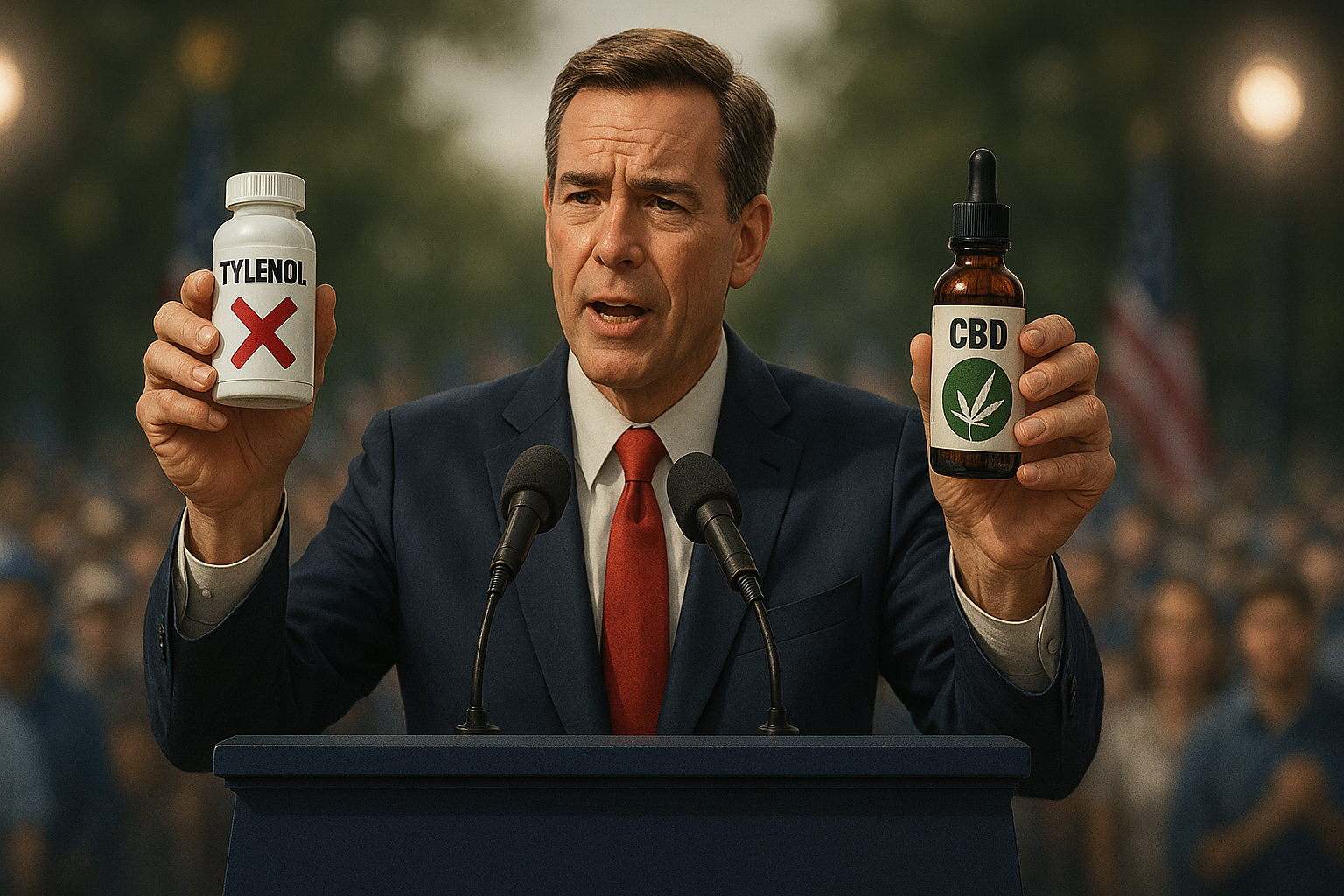Former President Donald Trump's recent campaign stop in Pennsylvania took an unexpected detour into the world of pharmaceuticals and alternative medicine, leaving many health experts concerned—and more than a little confused.
In what can only be described as a whiplash-inducing pivot, Trump first declared Tylenol "absolute poison" before singing the praises of hemp-derived CBD products as some kind of health solution. No scientific evidence accompanied either claim.
"Tylenol is absolute poison," he told the crowd with his characteristic certainty. Just... full stop. No explanation offered.
Medical professionals weren't having it. Dr. Eleanor Richardson of Johns Hopkins pointed out what most of us already know: "Tylenol, when used as directed, remains one of the safest pain relievers available." She added that such baseless claims risk creating unnecessary health panics—something we definitely don't need more of these days.
But here's where it gets interesting.
After trashing one of America's most commonly used over-the-counter medications, Trump immediately pivoted to promoting CBD products. This sudden enthusiasm for hemp derivatives came sandwiched between his other recent product endorsements—those $99 sneakers and $60 Bibles that have become fixtures of his increasingly merchandise-heavy campaign appearances.
Look, I've been covering political rallies since 2016, and this kind of medical free-styling isn't entirely new for Trump. Remember the whole disinfectant injection suggestion during COVID? That little impromptu medical recommendation sent poison control centers into overdrive.
What makes this particular health proclamation noteworthy (beyond its utter strangeness) is the timing. The CBD industry—projected to hit $16 billion in U.S. sales by 2025—remains caught in regulatory limbo. The FDA is still struggling to establish clear guidelines, and here comes a former president essentially giving it a thumbs-up from the campaign trail.
"The juxtaposition of attacking a well-established medication while promoting a largely unregulated supplement is troubling," said Dr. Marcus Thompson from Consumer Safety Watch. He wasn't wrong.
Does Trump have business interests in CBD? Plans for future endorsement deals? Or was this just another off-the-cuff remark in a campaign already bursting with them?
Industry insiders noted—with barely concealed excitement—that regardless of scientific merit, Trump's comments could boost CBD's mainstream profile. "Any mainstream mention of CBD helps normalize it," said Sarah Jenkins of Natural Wellness Trends.
As someone who's watched Trump's relationship with scientific facts evolve (or... not evolve) over the years, this latest episode fits a pattern. Say something shocking about a common product, promote an alternative, move on before anyone can fully process what just happened.
The 2024 campaign trail stretches long ahead of us. One has to wonder what other medical advice might be forthcoming from podiums better suited to policy discussions than pharmaceutical recommendations.
In the meantime, perhaps it's best to get your medical advice from doctors rather than politicians. Just a thought.
